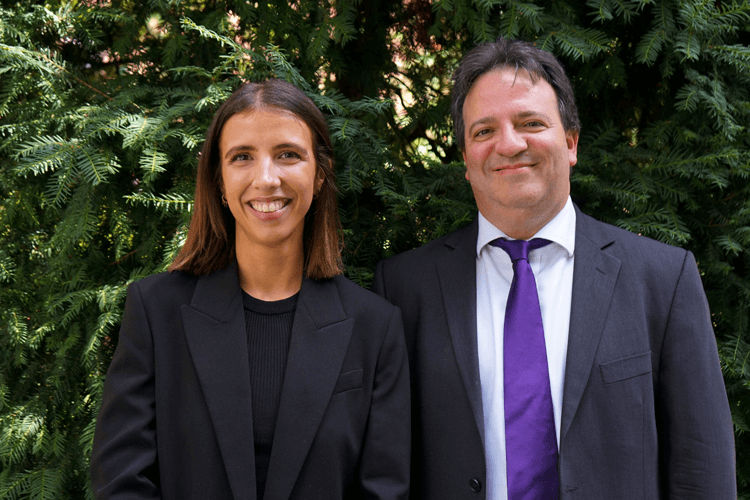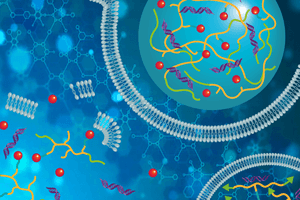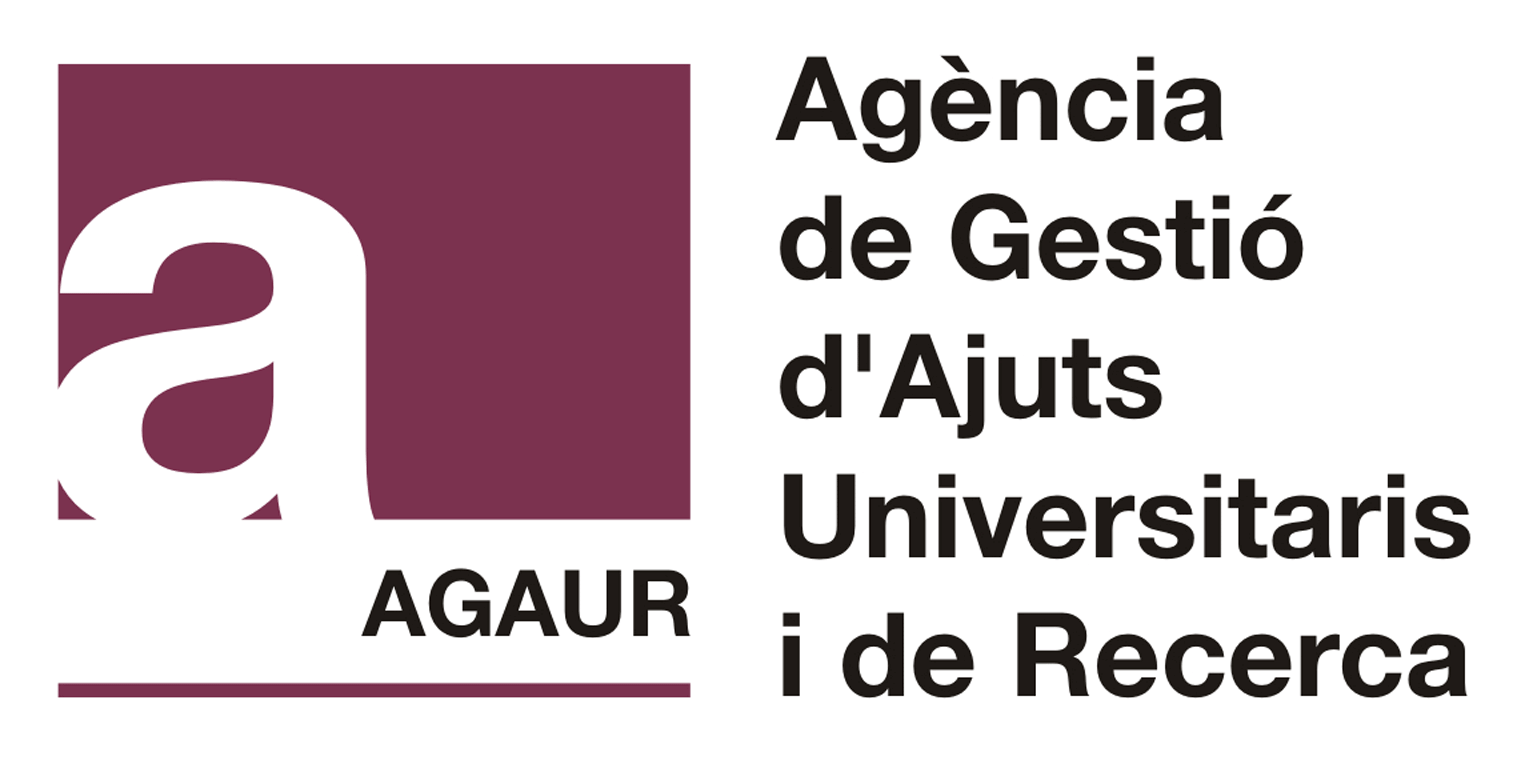New Delivery Systems with Polymeric Nanocarriers

Small interfering RNA (siRNA) is a nucleotide sequence that plays various roles in biology. Among them, the most well-known is interference with the expression of a certain gene. Combining siRNA with chemotherapeutic drugs is one of the emerging strategies to suppress multiple drug resistance in tumour development. However, many challenges remain in the field of siRNA delivery, and an effective strategy for its encapsulation in nanocarriers is required.
Within this context, Dr Andrea Martí del Río recently completed her doctoral thesis in the Department of Bioengineering at the IQS School of Engineering, entitled Poly(ß-amino ester)-based nanocarriers for the co-delivery of siRNA and chemotherapeutic drugs. Her thesis was conducted at the IQS Supramolecular Chemistry Laboratory, under the supervision of Dr David Sánchez.
With both synthetic and biological approaches, the objective of her research was to design and evaluate two delivery systems based on nanoparticles (NPs) of poly(β-amino ester)s (pBAEs), for the efficient delivery of antitumor drugs and siRNA in target cells. To build these nanoparticulate systems, Dr Andrea Martí first developed a new polymer of the pBAE family that can be doubly functionalized orthogonally, allowing it to be efficiently modified with a wide range of active agents. This orthogonal structure was used for the preparation of two drug delivery systems through the use of copper-free “click” reactions. The absence of toxic copper complexes is a great advantage that makes it possible to obtain highly biocompatible materials.
Design of two delivery systems

In a second application, the orthogonal pBAE developed was used to construct a hybrid nanocarrier based on mesoporous silica nanoparticles (MSN) for the combined delivery of siRNA and the chemotherapeutic drug camptothecin (CPT). This system was prepared by decorating MSNs with pBAE via disulfide bonds. To endow NPs with tumour selectivity, pBAE was functionalized with the ligand folate (FA), which is overexpressed on many tumour cells. Under physiological conditions, NPs show negligible CPT release, which minimizes adverse effects of the drug on normal cells.
Finally, Dr Martí studied the cytotoxic capacity of the designed system in pancreatic tumour cells and human fibroblasts, the latter being deficient in folate receptors. The results of these assays show a selective cytotoxicity towards the tumour line. It has also been shown that NPs are internalized by cells through folate receptor-mediated endocytosis.
In light of the results she obtained, Dr Andrea Martí’s proposal to combine chemotherapy with a gene silencer presents a very promising and powerful tool which can become a reference methodology for many applications.
This research was conducted in collaboration with Dr Carlos E. Semino, with the Pharmaceutical Chemistry Group (GQF) at IQS, and Dr Ricardo E. Pérez Tomás, with the Cancer Cell Biology Research Group at the Faculty of Medicine of the University of Barcelona (UB).
This doctoral thesis received a competitive grant for the recruitment of new research staff (FI) funded by the Government of Catalonia and European Social Funding.




